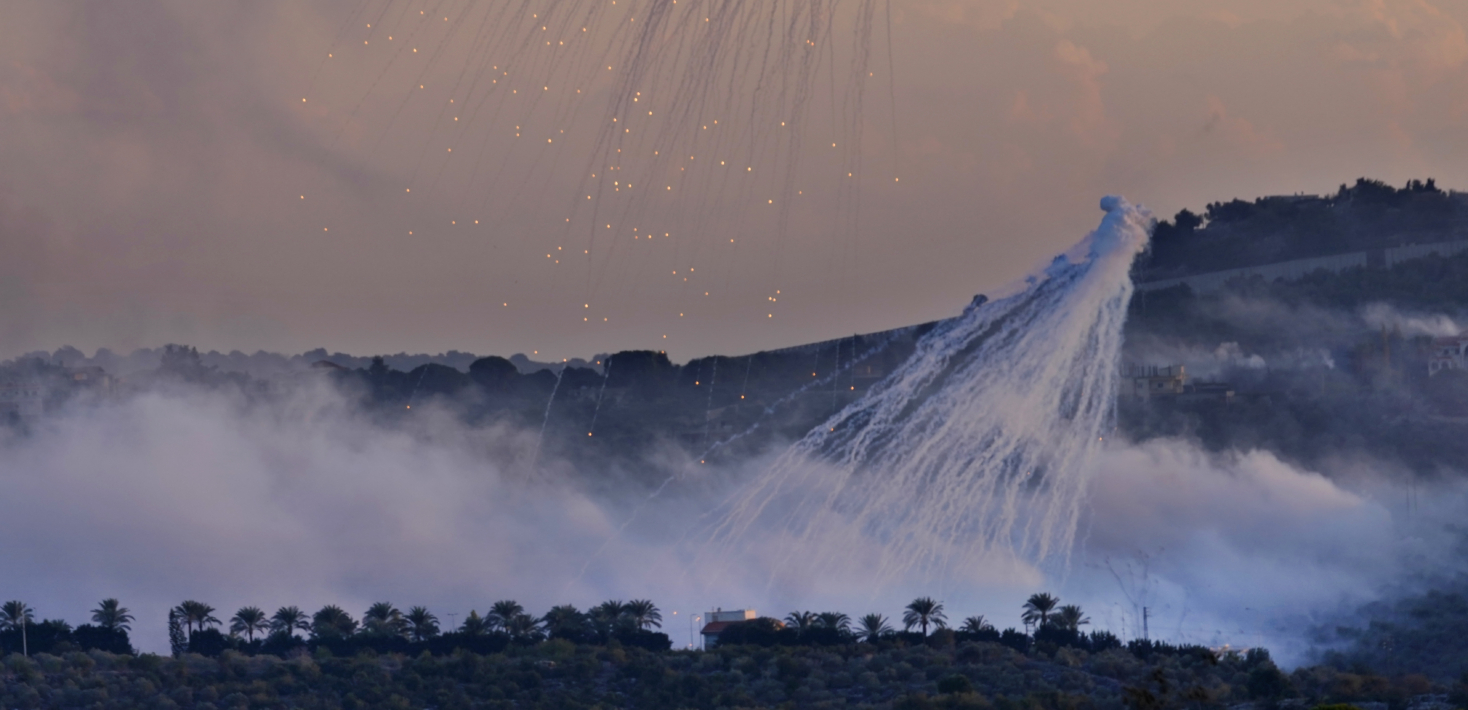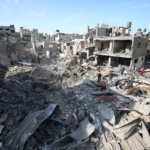White phosphorus can stick to the skin and cause fatal burns. Israel reportedly fired banned munitions at a village in Lebanon. It was delivered from the USA.
Israel used white phosphorus munitions supplied by the United States in an October attack in southern Lebanon that injured at least nine civilians. This is the result of an analysis of the shrapnel carried out by the Washington Post. The shrapnel was found in a small village where the alleged war crime was being investigated.
A journalist working for the newspaper found the remains of three artillery shells fired in Dheira, near the Israeli border, which residents said burned down at least four homes. The production codes found on the bullets match the nomenclature used by the U.S. military to classify domestically produced ammunition.
As a result, the bullets were manufactured at munitions depots in Louisiana and Arkansas in 1989 and 1992. The light green color and other markings – such as the inscription “WP” on one of the bullets – correspond to white phosphorus, say weapons experts.
The weapons are part of billions of dollars in U.S. arms shipments that arrive in Israel each year, fueling Israel’s war against Hamas in the Gaza Strip, which began after the militants’ Oct. 7 attack. According to the Gaza Strip’s Ministry of Health, at least 17,700 people, including many civilians, have been killed since the start of the Israeli operation.
White phosphorus can adhere to the skin, causing potentially fatal burns and respiratory damage, and its use near civilian areas is prohibited under international humanitarian law.
“There is an express ban under international law for certain weapons, for example chemical weapons,” said legal expert Christian Marxsen in an interview with ntv.de. This is not the case with phosphorus bombs. It depends on the specific application. “As the use of these weapons can hardly be limited due to their incendiary effect, the use of these bombs by dropping them from the air is always unacceptable in areas where there is a high concentration of civilian objects. Here one must carefully examine the circumstances in which the bombs were used. The deployment has taken place. »
This article is originally published on democratienouvelle.ca









